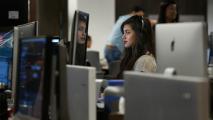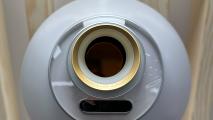
The Digital Frontier
30 years ago, the Internet opened up a new frontier, and today we’re all citizens of a digital Wild West, where how we live, work and govern is changing everyday.
Get inspired with the most innovative stories shaping the world around us.


